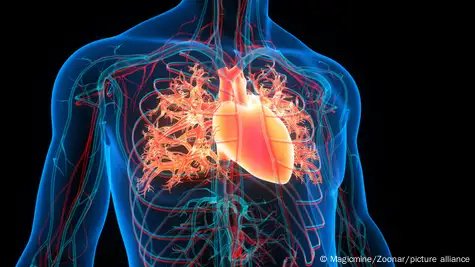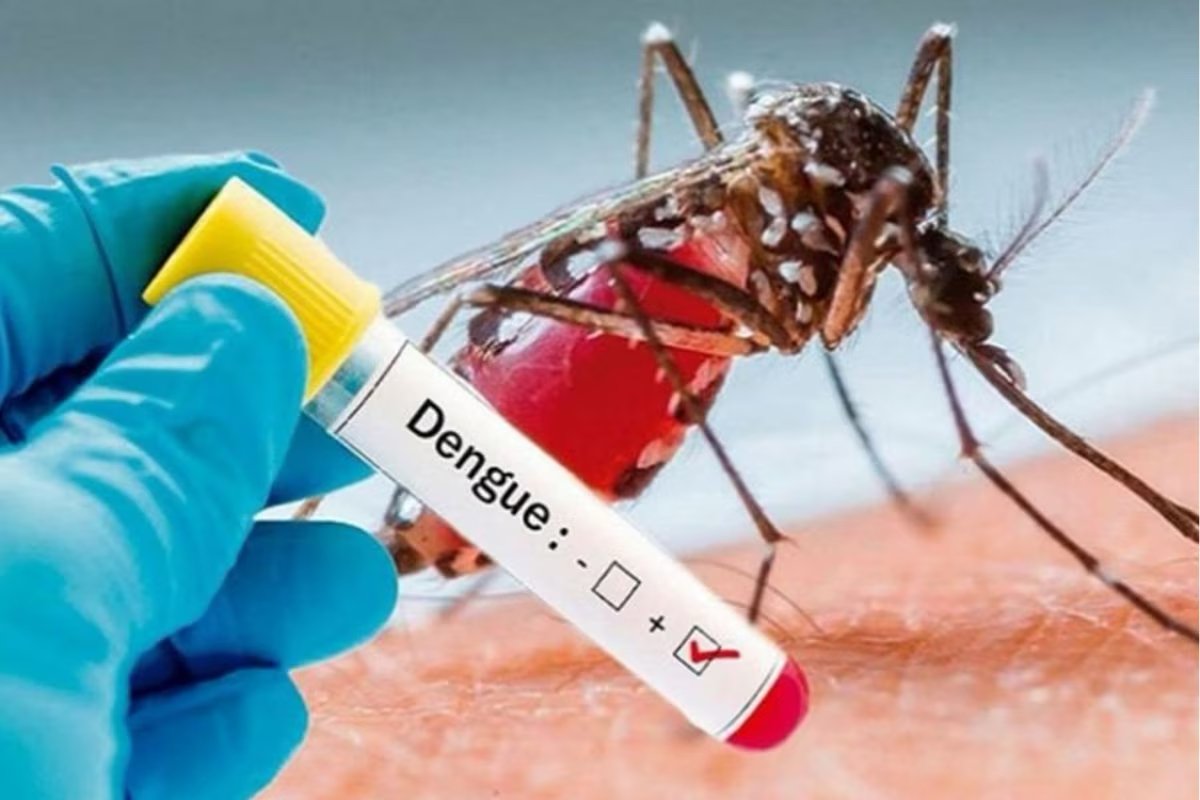Diarrhea is a common condition that everyone experiences at some point in life. While it might seem like a simple and temporary issue, diarrhea can lead to serious complications if not managed properly. Whether it’s triggered by food, infections, or underlying health conditions, understanding diarrhea is essential for preventing its recurrence and maintaining gut health. In this article, we’ll dive deep into what diarrhea is, its causes, treatment options, and tips to prevent it, making sure you’re equipped with knowledge for a healthier lifestyle.
What is Diarrhea?
Diarrhea is characterized by loose, watery stools that occur more frequently than usual. It often accompanies abdominal cramps, bloating, and sometimes nausea or fever. In most cases, diarrhea lasts a few days and resolves without major treatment. However, chronic diarrhea, which lasts for several weeks, can indicate a more serious condition and requires medical attention.
The body loses vital fluids, electrolytes, and nutrients during episodes of diarrhea, which can lead to dehydration and fatigue. Severe cases, especially in children and the elderly, can even result in hospitalization.
Types of Diarrhea
1. Acute Diarrhea: This is the most common form and usually lasts one to two days. It is often caused by bacterial or viral infections, food poisoning, or stress.
2. Persistent Diarrhea: This type lasts for more than two weeks but less than four. It can be caused by infections, medication, or digestive disorders.
3. Chronic Diarrhea: Diarrhea that lasts for more than four weeks is termed chronic. It can be caused by long-term health conditions such as Irritable Bowel Syndrome (IBS), Crohn’s disease, or celiac disease.
Common Causes of Diarrhea
Diarrhea can be triggered by a variety of factors, ranging from dietary choices to serious medical conditions. Understanding these causes can help you identify the root of the issue and take appropriate action.
1. Infections
Most cases of diarrhea are caused by infections. These can be bacterial, viral, or parasitic. The most common infections include:
• Bacterial infections: E. coli, Salmonella, and Campylobacter are common bacteria that cause foodborne illnesses leading to diarrhea.
• Viral infections: Rotavirus, norovirus, and adenovirus can cause viral gastroenteritis, commonly known as the “stomach flu,” which results in diarrhea.
• Parasitic infections: Parasites such as Giardia and Cryptosporidium can cause long-lasting diarrhea, often through contaminated water.
2. Food Sensitivities and Allergies
Certain foods or ingredients can trigger diarrhea, especially in individuals with food sensitivities or allergies. For example:
• Lactose intolerance: Many people lack the enzyme needed to digest lactose, a sugar found in dairy products, leading to bloating, gas, and diarrhea after consuming dairy.
• Gluten sensitivity: People with celiac disease cannot tolerate gluten, a protein found in wheat, barley, and rye, which can lead to chronic diarrhea and digestive issues.
3. Medications
Certain medications can disrupt the balance of bacteria in the gut or irritate the digestive system, leading to diarrhea. Common culprits include:
• Antibiotics: These medications kill not only harmful bacteria but also beneficial gut flora, leading to diarrhea.
• Laxatives: Overuse or misuse of laxatives can result in diarrhea and dehydration.
• Cancer treatments: Chemotherapy and radiation therapy can irritate the intestines and cause diarrhea as a side effect.
4. Digestive Disorders
Underlying digestive conditions are a common cause of chronic diarrhea. These conditions require medical diagnosis and treatment. Some common digestive disorders include:
• Irritable Bowel Syndrome (IBS): IBS is a chronic condition that affects the large intestine, often causing alternating diarrhea and constipation.
• Inflammatory Bowel Disease (IBD): Conditions like Crohn’s disease and ulcerative colitis cause chronic inflammation in the digestive tract, leading to severe diarrhea.
• Celiac Disease: A lifelong immune disorder where the ingestion of gluten leads to damage in the small intestine, resulting in chronic diarrhea.
5. Stress and Anxiety
Emotional stress and anxiety can also trigger diarrhea. This occurs due to the gut-brain axis, where emotional distress can disrupt normal digestive processes, leading to diarrhea or other gastrointestinal issues.
Symptoms of Diarrhea
In addition to frequent, watery stools, diarrhea can present with other symptoms, such as:
• Abdominal cramps and bloating
• Nausea and vomiting
• Urgency to pass stool
• Fever and chills
• Dehydration (dry mouth, dizziness, decreased urination)
Complications of Diarrhea
The most serious complication of diarrhea is dehydration, especially in young children, the elderly, and individuals with weakened immune systems. Signs of dehydration include:
• Extreme thirst
• Dry skin and mouth
• Fatigue
• Dizziness or lightheadedness
• Dark-colored urine
If left untreated, severe dehydration can lead to organ failure and even death, especially in vulnerable populations.
How to Treat Diarrhea
Most cases of acute diarrhea resolve on their own, but here are some steps you can take to manage symptoms and speed up recovery:
1. Stay Hydrated
Replacing lost fluids and electrolytes is crucial to prevent dehydration. Drink plenty of water, and consider oral rehydration solutions (ORS) that contain electrolytes. Avoid caffeine, alcohol, and sugary drinks, as these can worsen dehydration.
2. Adjust Your Diet
During an episode of diarrhea, follow the BRAT diet: Bananas, Rice, Applesauce, and Toast. These foods are bland and easy on the stomach. Avoid fatty, spicy, or high-fiber foods until symptoms improve.
3. Over-the-Counter Medications
Medications like loperamide (Imodium) and bismuth subsalicylate (Pepto-Bismol) can help reduce diarrhea symptoms. However, these should not be used if diarrhea is caused by a bacterial infection, as they may prolong the illness.
4. Probiotics
Probiotics, which contain beneficial bacteria, can help restore the natural balance of bacteria in the gut, especially after antibiotic use. They may reduce the duration and severity of diarrhea.
5. See a Doctor
If diarrhea persists for more than a few days, or if you experience severe symptoms like bloody stools, high fever, or signs of dehydration, seek medical attention. Chronic or persistent diarrhea may indicate an underlying health condition that requires treatment.
Preventing Diarrhea
While not all cases of diarrhea can be prevented, you can reduce your risk by following these steps:
• Practice good hygiene: Wash your hands regularly, especially before eating or preparing food, and after using the bathroom.
• Be cautious with food: Ensure that food is properly cooked and stored. Avoid raw or undercooked meat, seafood, and eggs.
• Drink clean water: If traveling to areas with questionable water sources, drink bottled water and avoid ice made from tap water.
• Vaccination: The rotavirus vaccine is recommended for infants to prevent severe diarrhea caused by rotavirus infections.
Conclusion: Diarrhea—A Manageable but Important Health Concern
Diarrhea is a common digestive issue that can range from mild to severe, but with proper understanding, treatment, and prevention strategies, it can be managed effectively. Whether caused by infections, food sensitivities, or chronic digestive conditions, addressing diarrhea promptly and maintaining good hydration is key to avoiding complications. Don’t hesitate to seek medical attention if symptoms persist or worsen.
Taking care of your gut health and being mindful of your diet and hygiene can significantly reduce the risk of diarrhea, ensuring your digestive system stays healthy and balanced.
References
1. World Health Organization (WHO) – Managing Diarrhea
2. Mayo Clinic – Diarrhea Symptoms and Causes
3. Centers for Disease Control and Prevention (CDC) – Diarrheal Diseases
This guide provides a thorough look into diarrhea, offering valuable insights on its causes, treatments, and preventative measures for those looking to improve their gut health.





